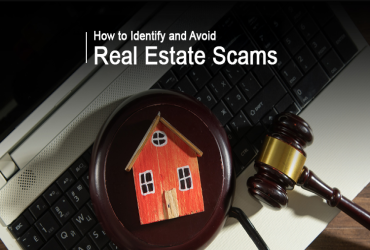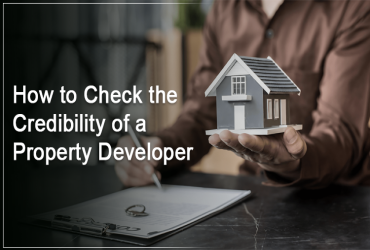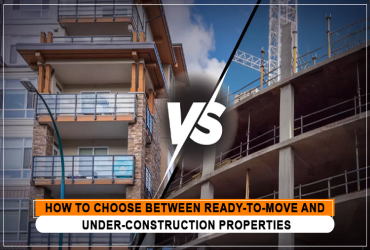
Investing in real estate is one the most significant financial decisions individuals make during their lifetime. Whether it is a home for personal use or a commercial property for investment, the stakes are high. A credible property developer is essential to ensure that your investment is secure and that the project meets your expectations in terms of quality, legal compliance, and timelines, and legal compliance. This blog will provide an in-depth guide on how to evaluate the credibility of a property developer, covering every detail you need to make an informed decision.
Why is Developer Credibility important?
The credibility of a property developer directly impacts the success of your investment. A trustworthy developer ensures:
|
Timely Delivery |
Projects are completed within the promised timeframe. |
|
Quality Construction |
Materials and workmanship meet high standards. |
|
Legal Compliance |
All necessary approvals and clearence are obtained. |
|
Financial Stability |
Reduced risk of project delays or abandonment. |
On the other hand, dealing with an unreliable developer can lead to delays, legal disputes, financial losses, and substandard construction. Hence, evaluating a developer’s reputation is critical before making any commitments.
Steps to Check the Credibility of a Property Developer
1. Verify Registration and Licenses
One of the first steps in evaluating a property developer is checking their registration with regulatory authorities. In many countries, developers must be registered under specific real estate regulations like RERA (Real Estate Regulatory Authority). Here’s how you can verify it:
|
RERA Registration |
Check if the developer is listed on your region’s RERA website. This ensures they comply with legal standards. |
|
Licenses and Approvals |
Confirm that they possess all necessary licenses for land acquisition, eviroement clearances, construction, and zoing laws. |
A registered developer is more likely to adhere to ethical practices and deliver projects as promised.
2. Assess Past Projects and Track Records
A developer’s history speaks volumes about their reliability. Investigate their portfolio by:
|
Visiting Completed Projects |
Evaluate the quality of design, aesthetics, construction, and maintenance standards. |
|
Speaking to Residents |
Gather feedback from homeowners or tenants about their experiences with the developers. |
|
Online Reviews |
Check platforms like property forums, social media for customer feedback, or Google Reviews. |
A consistent track record of successful projects indicates professionalism and expertise.
3. Evaluate Financial Stability
Financial health is crucial for ensuring that a project progresses smoothly without interruptions. To asses this:
|
Review Financial Statements |
Look into their annual reports or balance sheets if publicly available. |
|
Debt-to-Equity Ratio |
A low ratio suggests better financial stability. |
|
Credit Ratings |
Developers with good credit ratings are less likely to face funding issues. |
Financially stable developers are better equipped to handle unforeseen challenges during project execution.
4. Transparency and Communication
Transparent dealings are a hallmark of credible developers. Evaluate their communication practices by:
|
Checking if they provide detailed project plans, payment schedules, and other essential information upfront. |
|
Observing how responsive they are to queries or complaints. |
|
Ensuring they have an established grievance redressal mechanism. |
Developers who prioritize transparency build trust with their clients.
Conclusion
Checking the credibility of a property developer requires throughout research across multiple dimensions past projects, customer feedback, and communication pratices. By following these steps diligently, you can minimmze risks associated with real estate investments.





3 Comments